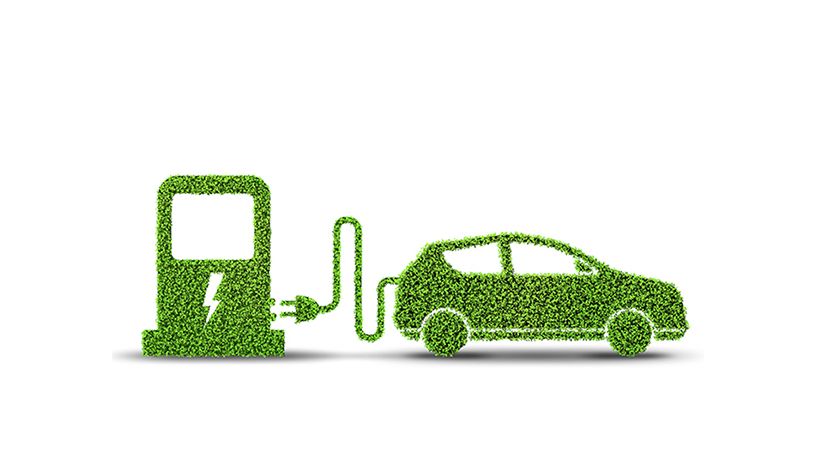
With natural resources to manufacture electric vehicles available, South Africa is best placed to lead the production of earth-friendly transportation and reap the vast rewards thereof.
Electric vehicles (EVs) should be everywhere, and considering the deepening global climate crisis, there is no excuse to not be purchasing more of them. This is a sentiment of many people who work and advocate for the EV industry.
According to Hiten Parmar, director of uYilo eMobility Programme – an initiative of the government that enables, facilitates, and mobilizes electric mobility in South Africa – about 91.5% of transport’s harmful emissions come from road transport, with about 10% of all harmful emissions coming from the transport sector.
Globally, air pollution is a silent killer, with about 5.5 million people killed every year. The economic impact is in excess of R30 billion in South Africa,” Parmar says.
Here are some of the challenges for the delay in the transition to electric vehicles:
i) Lower cost of Public Transport
While many people think only of passenger cars when they think of electric vehicles, the international market is moving in the direction of electric vehicles for public transport and freight trucks.
ii) Public Ignorance
There is little knowledge of electric vehicles and how they are operated. There is a need for the government to promote electric vehicles and inform the public. They should look at the taxi industry, and start at that level. Uber drivers don’t have a clue about electric vehicles and how they operate.
Also, there is no clear advocacy for electric vehicles to the public hence the ignorance.
iii) Charging Stations
At the moment, there are several charging stations that are free. The vehicles could also be charged at home with a 15-amp plug – which took seven hours if the battery is depleted.
There was a move internationally to charge electric vehicles with rooftop solar PV panels.
iv) Limited access to charging infrastructure
The lack of adequate public charging infrastructures could also be a barrier to EV adoption globally
v) High upfront costs of electric vehicles
While electric cars are often much cheaper to run as much as half the cost per mile than similar-sized petrol or diesel vehicles, they are also generally more expensive to buy.
Policy instruments that have been put in place to incentivize buyers to move away from emission-heavy vehicles are:
- Environmental CO2 levy: Penalises buyers of vehicles with high CO2 emissions.
- Fuel levy: Raises the cost of petrol and diesel at the pump and thereby effectively promotes greener alternatives.
- Fuel economy and CO2 labeling: Allows consumers to make model-to-model comparisons with regard to fuel economy and emissions, which should promote greener transport.
- Carbon tax: Gives effect to the polluter pays principle for large emitters and helps to ensure that firms and consumers take the negative adverse costs.
Source:
i) Smart energy technology (2020) What’s putting the brakes on EV adoption in South Africa?




